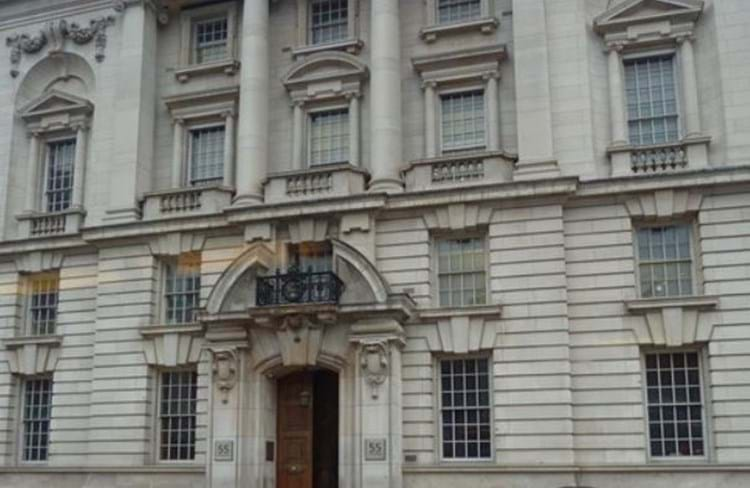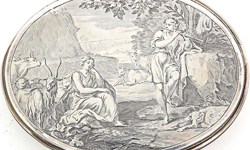
Image licence here.
The Ivory Act 2018 – a near total ban on the trade of items containing ivory – is expected to come into effect this year, or early next, after dealers and collectors of antique ivory were refused a final appeal by the Supreme Court last month.
The Act features a number of exemptions, including: items containing less than 10% ivory by volume made prior to 1947; portrait miniatures made before 1918; sales to and between accredited museums; items ‘of outstandingly high artistic, cultural or historical value’ made prior to 1918; and musical instruments with an ivory content of under 20% and made before 1975.
A consultation on elements of these – for example it is expected to propose how the phrase ‘of outstandingly high artistic, cultural or historical value’ should be interpreted – will be launched by the Department for Environment, Food and Rural Affairs (Defra).
Defra would not comment directly on the timescale or content but has said it will consult on the implementation details, including matters that will be set out in the secondary legislation in due course.
BADA secretary general Mark Dodgson said: “We have requested and still await information from Defra concerning the timing of the expected consultation and the issues it will cover.” In August a Defra spokesperson said: “We are committed to bringing the ivory ban into force as soon as practicable to help protect the world’s endangered species and halt biodiversity loss.”














